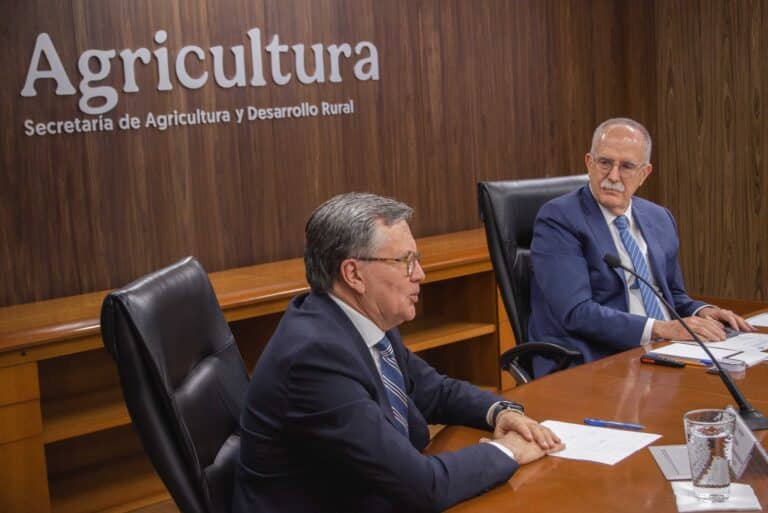With support from IICA and AUSAID, six rural villages in the hinterland of Suriname now have access to potable water through the installation of rainwater harvesting systems.

Paramaribo, October 23, 2017. Six rural villages located in the hinterland of Suriname are today benefitting from potable water supplies through the installation of rainwater harvesting systems.
The population of approximately 635 residents distributed over the six villages of Pikin Pada, Bekio and Duwatra in the District of Brokopondo and Tibiti, Totikampoe and Alfornsdorp in the District of Para, were the beneficiaries of low cost 600 and 1000-gallon based PVC rainwater harvesting and storage systems. The communities are of indigenous Maroon and Amerindian populations.
In recent years, many villages in the hinterland of Suriname have been facing two major problems that impact their supply of potable water sources:
Extensive extractive industries of gold mining and timber have caused severe mercury contamination of many riverine and ground water sources, particularly in the case of gold
Excessive turbidity of these water sources as a result of both gold mining and timber extraction activities
These are having serious negative consequences for the health of the indigenous communities who rely on these water sources for drinking, cooking and personal hygiene.
The problem is exacerbated by the emergence of climate change and the increased frequency of extended drought conditions in the hinterland. Due to the remoteness of these villages, the populations have no alternative means of sourcing potable water and must utilize the contaminated sources.
This intervention was made possible through two small grants provided under the Australian Direct Aid Programme (AUSAID), managed by the Australian High Commission in Trinidad and Tobago, with complementary funding from IICA’s internal flagship project entitled: Inclusion in Agriculture and Rural Areas.
The project was executed with collaboration from the Stichting Fonds Ontwikkeling Binnenland (SFOB) of the Ministry of Regional Development in Suriname.
AUSAID also provided another small grant to IICA for a permapiculture intervention for honey producers in Suriname. The three projects, which have all been successfully executed, will be formally handed over to the local authorities and beneficiaries at a small ceremony, in due course.
More information:
Curt Delice, IICA Representative in Suriname











